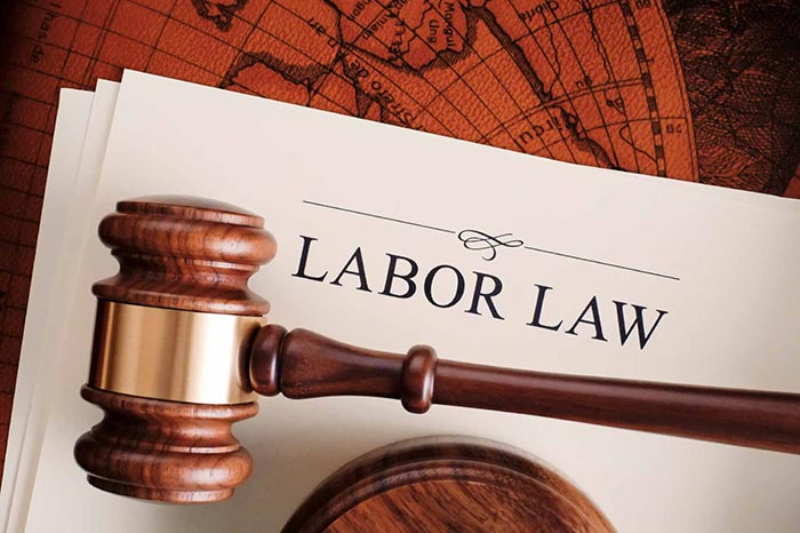
india labor law
Uttar Pradesh, a northern Indian state, has amended a key labor law that is likely to attract more investors to set up industries in the state. The cabinet of Uttar Pradesh has approved amendment of a crucial labor law, Uttar Pradesh Industrial Peace (Timely Payment of Wages) Act 1978. The amendment will effectively waive off imprisonment possibility for employers in an instance of being unable to pay wages on time. Amendment of law was passed by cabinet chaired by Uttar Pradesh Chief Minister Yogi Adityanath.
Suresh Chandra, additional chief secretary labour and employment said, “Under Section 5 (2) of the Uttar Pradesh Industrial Peace (Timely Payment of Wages) Act 1978, if an employer owes Rs 1 lakh or more in wages to a worker and has not paid it, there was a provision for imprisoned from three months to three years, along with a fine of Rs 50,000.”
Related Posts
“The cabinet has cleared the amendment in which the employer will no longer be jailed but will henceforth only be fined Rs 50,000 to Rs 100,000. There has been a long-standing demand from the industry to abolish imprisonment and it is also in line with the Government of India’s directive to decriminalise investment,” Chandra said.
“It is felt that criminal action on trivial issues will deter investment. The government intends to make it easier for more and more entrepreneurs to invest and set up industrial units in UP. This will create more employment opportunities. This amendment will give a big relief to the entrepreneurs,” he said. Mr. Chandra said that this effort by the UP government is towards easing out the regulatory burden needed to be complied to by the industries in state. This will work towards attracting investors to the state and in turn increased employment opportunities and revenues. But the question that arises with this is that how will it impact labor rights in the state – will there be any negative impact with no rule directing employers to pay timely wages? In such a scenario will there be any by-line through which the government will safeguard its labors?















